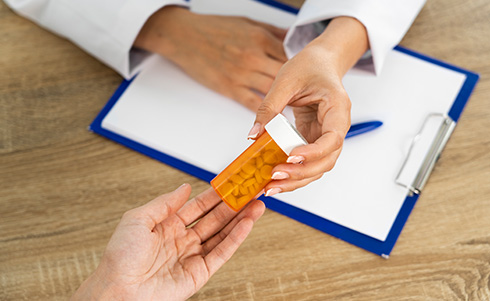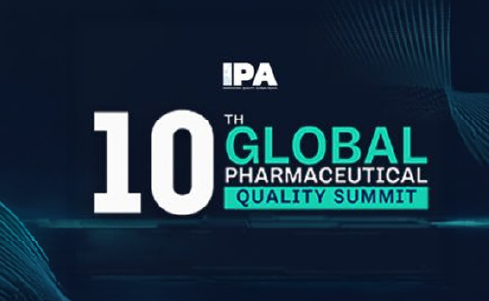America’s medicine supply is generally considered a healthcare issue, but it’s a matter of national security. While debates about high drug prices often focus on expensive brand-name medications, the generic medicine sector — responsible for 90 percent of U.S. prescriptions — too often goes overlooked and underprotected. That’s a mistake.
Generic medicines are the unsung heroes of American healthcare. They keep hospitals running, patients stable and budgets in check. They are also among the most fragile parts of the system, operating on razor-thin margins and subject to untoward market dynamics driven by middlemen, such as Group Purchasing Organizations (GPOs) and Pharmacy Benefit Managers (PBMs).
As the Trump administration considers pharmaceutical tariffs, it should recognize the difference between brand-name drugs and generic prescriptions. A one-size-fits-all policy could backfire, penalizing the very industry that makes U.S. medicine affordable.
We’ve been here before. When the administration recently issued the Most Favored Nation executive order, it wisely excluded generics. The reason was simple: generics weren’t the problem, and penalizing them would only make things worse. That same principle should guide pharmaceutical tariff policy today.
India, a Quadrilateral Security Dialogue partner and close U.S. ally, is also the largest supplier of finished generic medicines to the American market. Nearly half of all generics dispensed in the U.S. are made in India. These include some of the most common and most necessary medications for Americans, such as blood pressure medication, asthma rescue inhalers, and one of the country’s most-used antidepressants.
Meanwhile, China dominates the world’s supply of generic active pharmaceutical ingredients (APIs), intermediates, and key starting materials (KSMs). In the past, Chinese state media have openly suggested that China could cut off exports to the United States for critical medicines when we are most vulnerable. This is because China can undercut everyone in the market, whether they manufacture in India or the United States.
Tariffs on generic imports could result in more shortages, weaken a trusted partner, and push the U.S. into deeper dependence on China, precisely the opposite of what we should be doing.
Generics are a national security asset. We should protect them with the same kind of targeted federal strategy we’ve applied to semiconductors, critical minerals and energy. The United States should prioritize investments in domestic, essential generic medicine production through public-private partnerships, long-term procurement contracts, and targeted infrastructure support and reform.
The Defense Production Act should be leveraged to stockpile these key medicines and incentivize U.S.-based manufacturing of critical generic inputs.
And we shouldn’t go it alone. India and America’s NATO allies are aligned with U.S. interests and ready to collaborate. Indian manufacturers have already signaled their willingness to co-invest in domestic production of APIs and finished medicines, primarily for high-risk products and pandemic preparedness. We should be embracing that willingness, not undermining it.
Generics have been our frontline defense against drug inflation, chronic disease, and healthcare collapse in America for decades. Without these drugs, Americans would pay billions more each year to pay for branded prescriptions — if they can even access them. If we destabilize this supply chain with excessive tariffs, the costs will fall squarely on American families and our health system.
Let’s keep generic medicines what they are: a pillar of our health system and a cornerstone of national security. If we work smarter with our allies, provide the right incentives and invest in real resilience, we can protect access, lower costs and keep American families secure.

